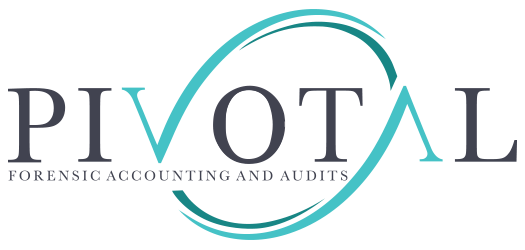Balancing Salary and Distributions in an S Corporation: Understanding the IRS Expectations
The 2017 Tax Cuts and Jobs Act (TCJA) brought significant changes that affect how S corporation shareholders handle compensation. One key impact is that the 20% Qualified Business Income (QBI) deduction is based on the business’s profit after paying shareholder wages. This incentivizes shareholders to minimize their wages and increase profit distributions.
Why Shareholders May Want to Lower Wages
There are strategic reasons a shareholder might choose to reduce wages and increase distributions:
-
Savings on FICA Taxes – Distributions are not subject to Social Security and Medicare taxes.
-
Lower Workers’ Compensation Costs – Lower wages may reduce workers’ comp premiums.
-
Avoidance of the 0.9% Medicare Surtax – This surtax applies to wage income over $200,000.
-
Boost in QBI Deduction – Since QBI is calculated after wages, lower salaries can lead to a larger deduction.
Why Shareholders Shouldn’t Eliminate Wages Entirely
However, there are strong reasons to ensure shareholders are paid a reasonable salary:
-
Maximize Contributions to Retirement Plans – Higher wages allow for larger contributions to 401(k) and similar plans.
-
Stay Compliant with IRS Rules – The IRS requires that any shareholder who provides services be paid a fair wage before taking distributions.
-
Earn Social Security Benefits – Wages contribute to future Social Security payouts.
The IRS’s Stand on Reasonable Compensation
According to IRS rules, an S corporation must pay a shareholder-employee a reasonable wage for the work performed before making any non-wage distributions. This compensation standard is based on services rendered—not company profits or distributions. If any money or value is taken out of the business (including personal expenses or loans to the shareholder), it could be reclassified as taxable wages if no reasonable salary was paid.
The IRS defines reasonable compensation as the amount a similar business would typically pay someone for similar work, often called the “replacement cost.” This figure is determined based on the value of the services provided, not what the company can afford or how much profit it makes.
Wages must always be paid before any distributions. A shareholder-employee may choose to take no salary and no distribution, but cannot legally take a distribution while avoiding reasonable compensation for services rendered.
Key Points to Remember
-
Paying a distribution without first paying reasonable compensation is a red flag to the IRS.
-
Reasonable compensation should be based on objective data, including job duties, time allocation, and comparable industry wages.
-
If a shareholder is working in the business, they must receive a salary that reflects the fair market value of their work.
-
A shareholder not actively working in the business does not need to draw a salary under IRS rules.
Best Practices for Determining Reasonable Compensation
To avoid issues with the IRS and ensure compliance, tax professionals recommend the following approach:
-
Document the shareholder’s roles and responsibilities.
-
Allocate time spent on each role.
-
Assess the shareholder’s experience and expertise level.
-
Use wage data to determine compensation for each service provided.
-
Calculate a fair, defensible wage based on the totality of work performed.
This information should be thoroughly documented, including notes in the corporation’s meeting minutes to show how the final salary was determined.
Planning Around Social Security
IRS Fact Sheet 2008-25 and various practitioner guides have made recommendations based on Social Security optimization. While not based on legal precedent, these strategies can help minimize audit risk and maximize benefits:
-
If annual earnings are below $75,000, consider setting wages equal to profits.
-
If above $75,000, pay at least $75,000 to maximize the return on Social Security taxes.
-
If earnings exceed the Social Security wage base (currently $160,200), consider using that as a benchmark for wages.
These guidelines aren’t legally binding but are widely used by professionals as practical targets for balancing compliance, benefit accrual, and audit risk.
Final Thoughts
There’s no shortcut around reasonable compensation. Courts have consistently upheld the IRS’s authority to reclassify distributions and other payments as wages when a shareholder-employee fails to take a fair salary. The safest route is to clearly identify and document the value of services provided and pay that amount as wages before taking any additional compensation or profit distributions.


